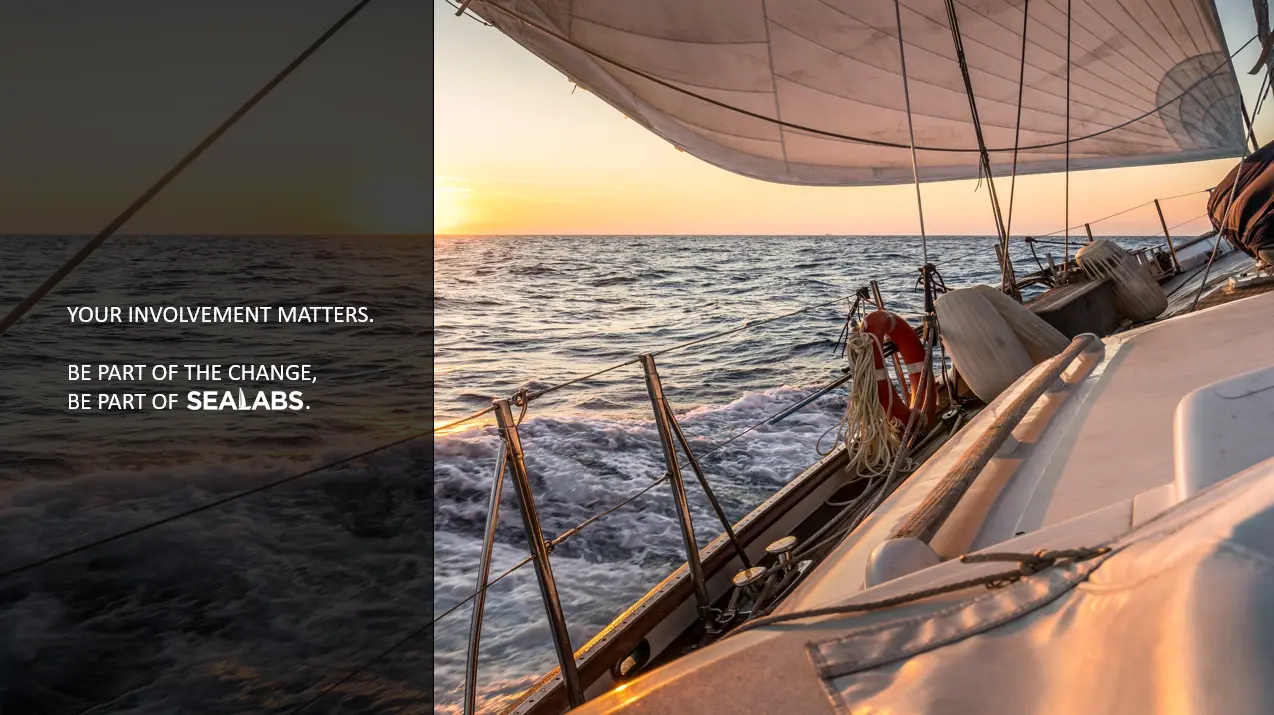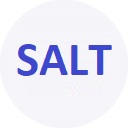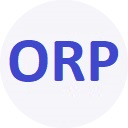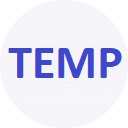SeaLabs is a citizen science project that leverages the potential, scope and impact of the large community of sailors.
SeaLabs aims to drive public participation and understanding of our marine ecosystems by entrusting citizens with the responsibility of obtaining data.

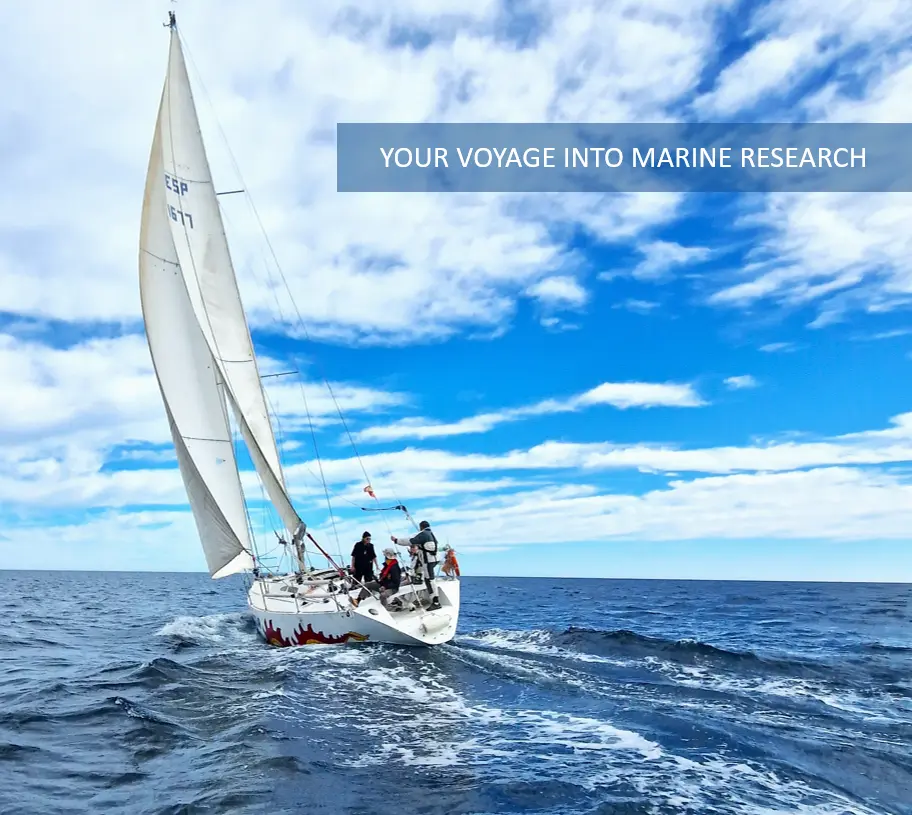
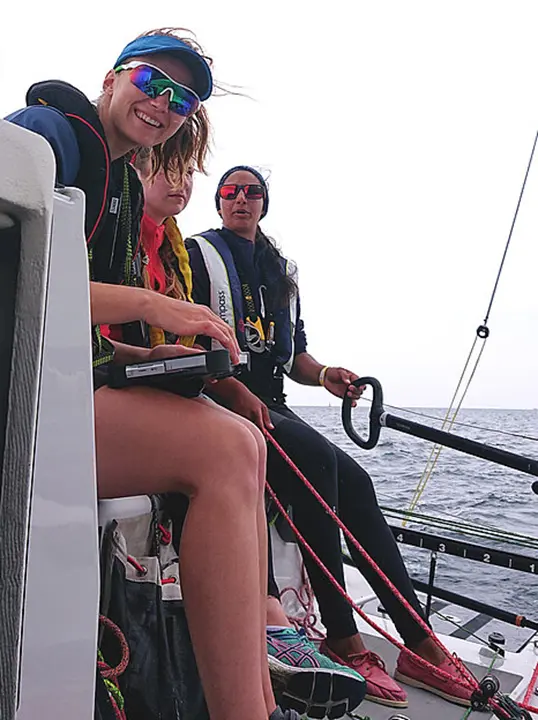
Sailors undertaking crossings or navigating long distances have the opportunity to gather reliable evidence to advance policies that protect the ocean, marine wildlife, the food we eat and the air we breathe.
THE NEED
. Oceans hold the key to understanding climate change and a healthy planet.
. The role that the ocean plays in mitigating the effects of climate change is largely understudied.
. The scientific community and policy makers need more data.
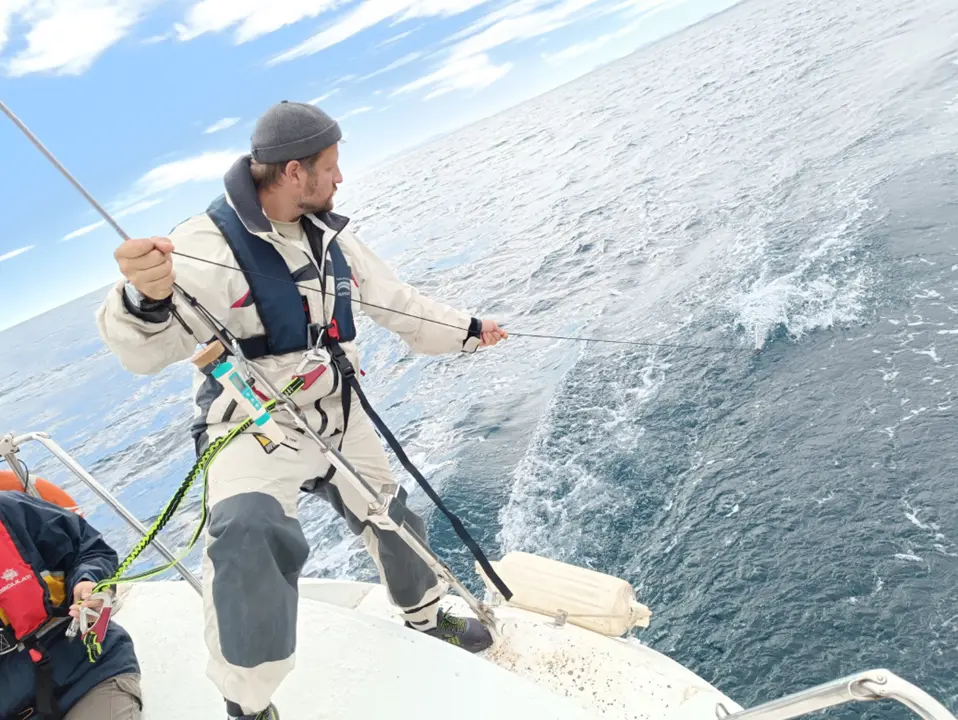
Citizen science provides a valuable resource to the scientific community, helping to provide much larger datasets than scientists alone would be able to capture.
SeaLabs is a citizen science project that leverages the potential, scope and impact of the large community of sailors.
SeaLabs aims to drive public participation and understanding of our marine ecosystems by entrusting citizens with the responsibility of obtaining data.



Sailors undertaking crossings or navigating long distances have the opportunity to gather reliable evidence to advance policies that protect the ocean, marine wildlife, the food we eat and the air we breathe.
THE NEED
. Oceans hold the key to understanding climate change and a healthy planet.
. The role that the ocean plays in mitigating the effects of climate change is largely understudied.
. The scientific community and policy makers need more data.

Citizen science provides a valuable resource to the scientific community, helping to provide much larger datasets than scientists alone would be able to capture.
MAIN OBJECTIVES
-
Contribute to scientific knowledge by increasing data collection on sea water quality by the sailing community (citizen science).
- Contribute to a world driven by data.
- Contribute to raising social awareness about marine sustainability and the health of our seas.
- Encourage participatory processes in the search for solutions to environmental problems following the European guidelines on environmental protection.
-
Contribute to the development of a community of informed and committed sailors acting as true ambassadors of our seas and «agents of change«.
MAIN OBJECTIVES
-
Contribute to scientific knowledge by increasing data collection on sea water quality by the sailing community (citizen science).
-
Contribute to a world driven by data.
-
Contribute to raising social awareness about marine sustainability and the health of our seas.
-
Encourage participatory processes in the search for solutions to environmental problems following the European guidelines on environmental protection.
-
Contribute to the development of a community of informed and committed sailors acting as true ambassadors of our seas and «agents of change«.
SEALABS
DATA COLLECTION KIT
SeaLabs project provides crew members of participating sailboats with an easy to use kit.
With the stainless steel container sailors collect the seawater samples to be analyzed using an electronic sensor to measure several key ocean parameters during their navigation.
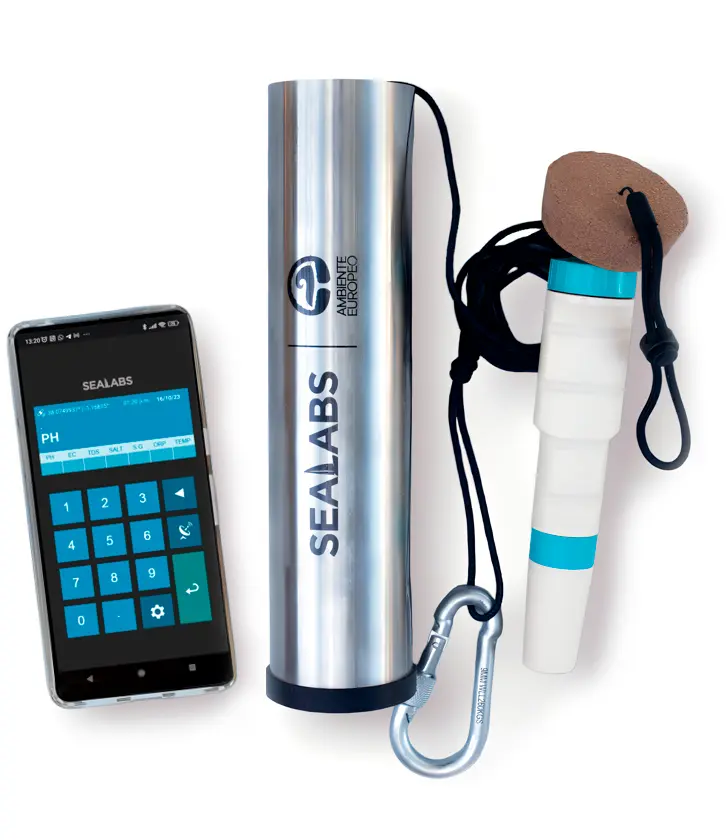
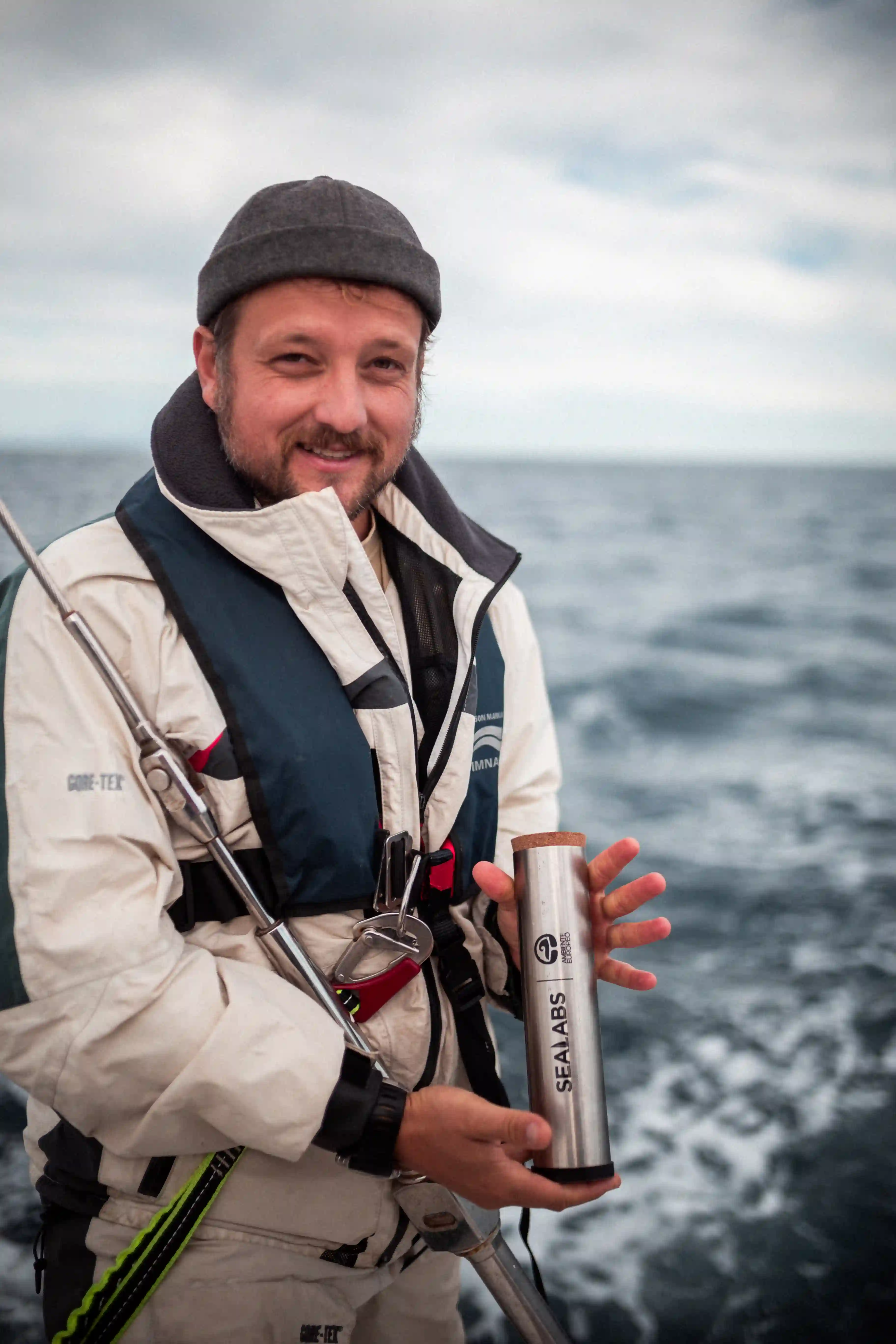
SEALABS DATA COLLECTION KIT
SeaLabs project provides crew members of participating sailboats with an easy to use kit.
With the stainless steel container sailors collect the seawater samples to be analyzed using an electronic sensor to measure several key ocean parameters during their navigation.


SEALABS APP
The information obtained with the sensor about the paramaters is entered into the SeaLabs App that sends the results to a public database.
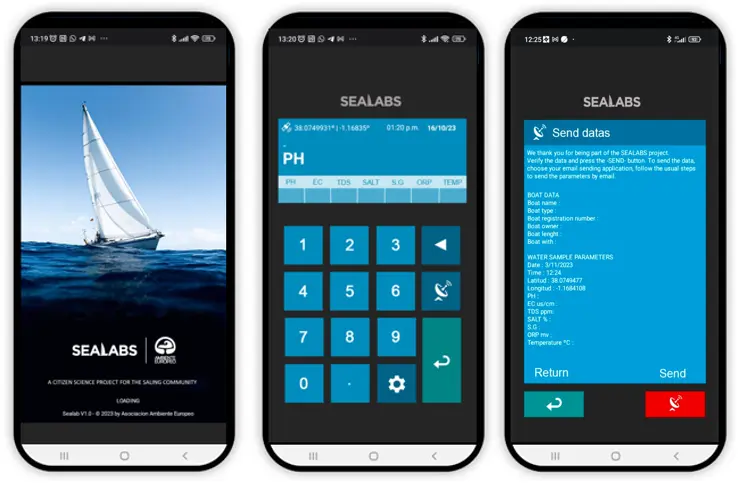
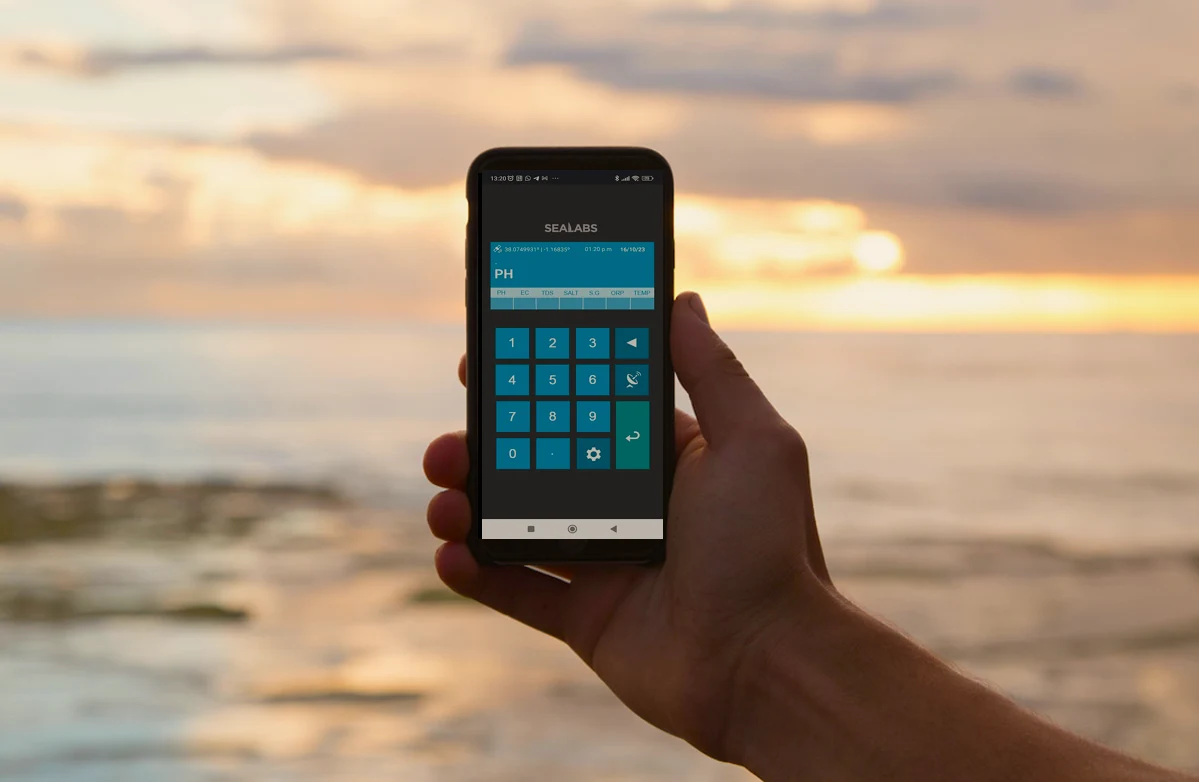
SeaLabs App is a user friendly tool to manage data collection and transmission.
SEALABS APP
The information obtained with the sensor about the paramaters is entered into the SeaLabs App that sends the results to public a database.


SeaLabs App is a user friendly tool to manage data collection and transmission.
PARAMETERS
Understanding the state of the ocean is essential to our future.
Crew members obtain information about 7 different key parameters that provide evidence about the quality of seawater.
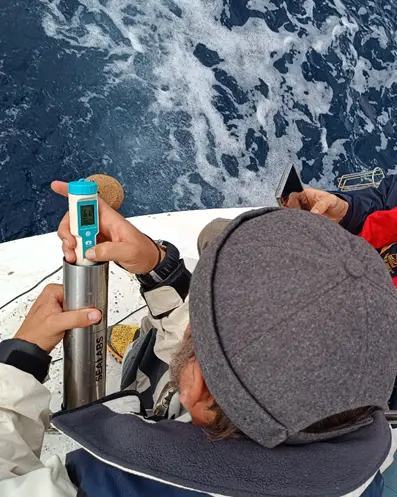
pH (Potential od Hydrogen)
Ocean acidification, primarily due to increased atmospheric CO2, is a growing concern. Monitoring pH helps in understanding its impact on marine ecosystems and predicting future challenges for marine organisms.
EC (Electrical Conductivity)
By monitoring EC, scientists can swiftly assess the saltiness of ocean water and track pollution sources or freshwater inflows.
TDS (Total Dissolved Solids)
Monitoring TDS can help in understanding issues related to pollution or changes in ocean salinity.
Salinity
It’s vital for studying the ocean’s role in climate regulation and understanding local ecosystem adaptations.
SG (Specific Gravity)
By studying S.G., scientists can gain insights into ocean salinity variations and their potential effects on marine life.
ORP (Oxidation-Reduction Potential)
It’s used to assess the health of marine ecosystems, especially in areas affected by pollution or other chemical imbalances.
Temperature
Monitoring temperature helps researchers track global warming effects and predict shifts in marine biodiversity and habitats.
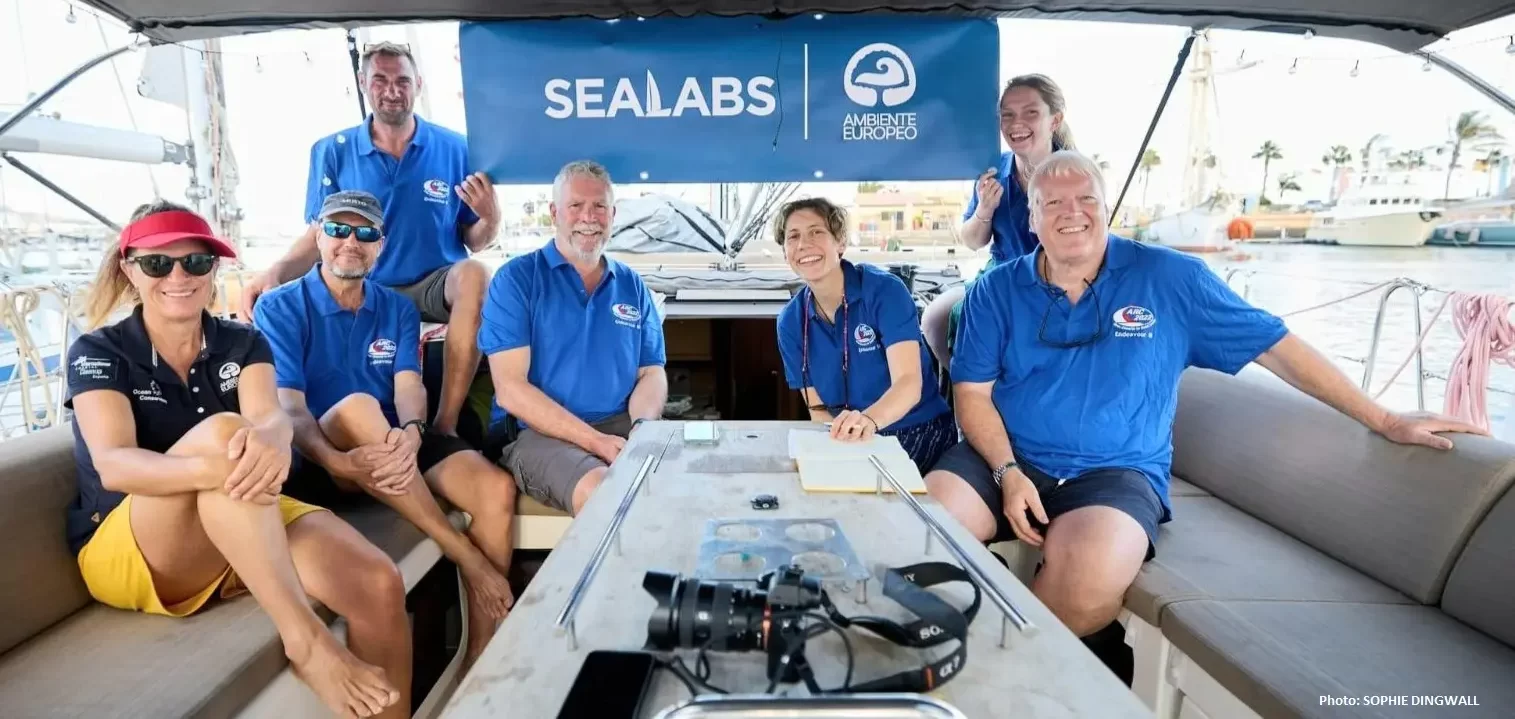

ATLANTIC RALLY FOR CRUISERS (ARC)
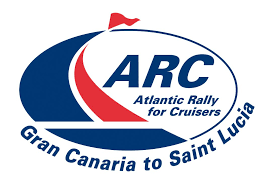
After our 2022 introduction with 15 vessels in the Atlantic Rally for Cruisers (ARC), we piloted our newly developed app with 25 sailboats in the 2023 edition.
These vessels were outfitted with the SeaLabs kits and app than enabled comprehensive data collection on their transatlantic cruise from Gran Canaria (Spain) to the island of Saint Lucia in the Caribbean Sea.
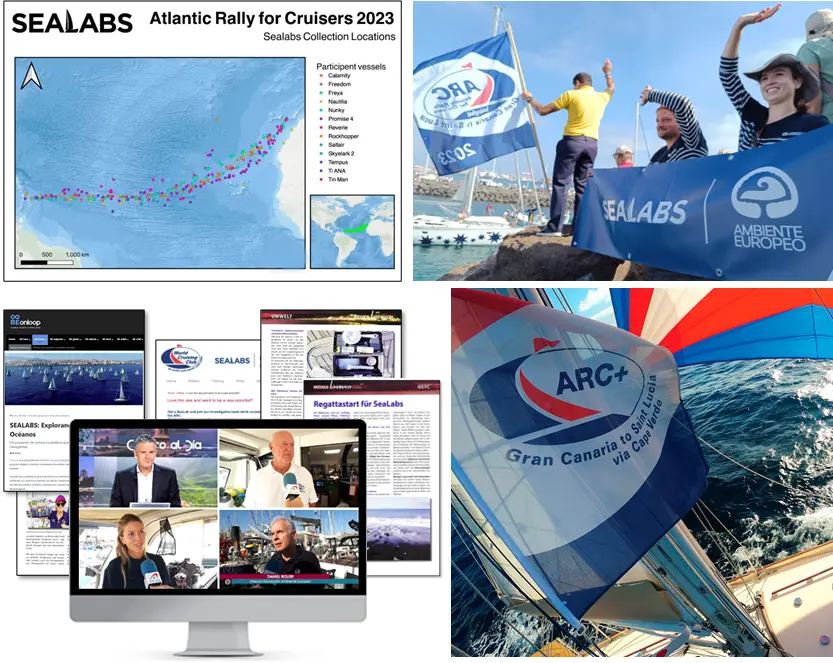
ATLANTIC RALLY
FOR CRUISERS

After our 2022 introduction with 15 vessels in the Atlantic Rally for Cruisers (ARC), we piloted our newly developed app with 25 sailboats in the 2023 edition.
These vessels were outfitted with the SeaLabs kits and app than enabled comprehensive data collection on their transatlantic cruise from Gran Canaria (Spain) to the island of Saint Lucia in the Caribbean Sea.

SEALABS TEAM
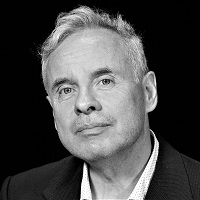
DANIEL ROLLERI
. Founder and director of AE.
. Extensive experience in citizen science projects.
. 30 years of experience leading projects defending the ocean in Argentina, USA and Spain.
. Strong network of international contacts.
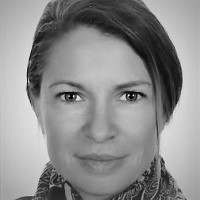
LUISE WAGNER
. Journalist and manager of scientific events.
. Responsible for AE’s citizen science project in the Canary Islands.
. 17 years sailing experience.
. Sailing community liaison.

EMILY PAPPA
. Biologist.
. Manager of AE’s citizen science initiatives.
. Funding specialist.
. Outreach coordinator.
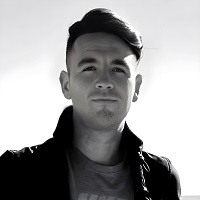
CLAUDIO SAN MARTÍN
. IT Consultant
. Data Analyst
. DBA (database administrator)
. Power BI Developer
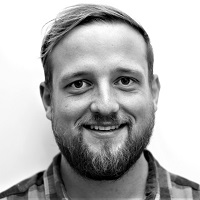
PINO BRENNER
. Industrial designer.
. Scientific diver.
. Project manager of AE.
. Content creator.
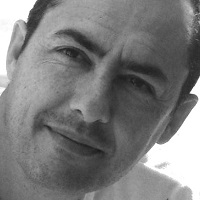
ALAIN HIERRO
. Dropson CEO.
. 20 years of experience creating environmentally friendly water treatment products.
. Extensive multidisciplinary expertise in water chemistry and physics, thermodynamics, electronics, IT and fluid mechanics.

DANIEL ROLLERI
. Founder and director of AE.
. Extensive experience in citizen science projects.
. 30 years of experience leading projects defending the ocean in Argentina, USA and Spain.
. Strong network of international contacts.

LUISE WAGNER
. Journalist and manager of scientific events.
. Responsible for AE’s citizen science project in the Canary Islands.
. 17 years sailing experience.
. Sailing community liaison.

EMILY PAPPA
. Biologist.
. Manager of AE’s citizen science initiatives.
. Funding specialist.
. Outreach coordinator.

CLAUDIO SAN MARTÍN
. IT Consultant
. Data Analyst
. DBA (database administrator)
. Power BI Developer

PINO BRENNER
. Industrial designer.
. Scientific diver.
. Project manager of AE.
. Content creator.

ALAIN HIERRO
. Dropson CEO.
. 20 years of experience creating environmentally friendly water treatment products.
. Extensive multidisciplinary expertise in water chemistry and physics, thermodynamics, electronics, IT and fluid mechanics.
TECHNICAL PARTNER
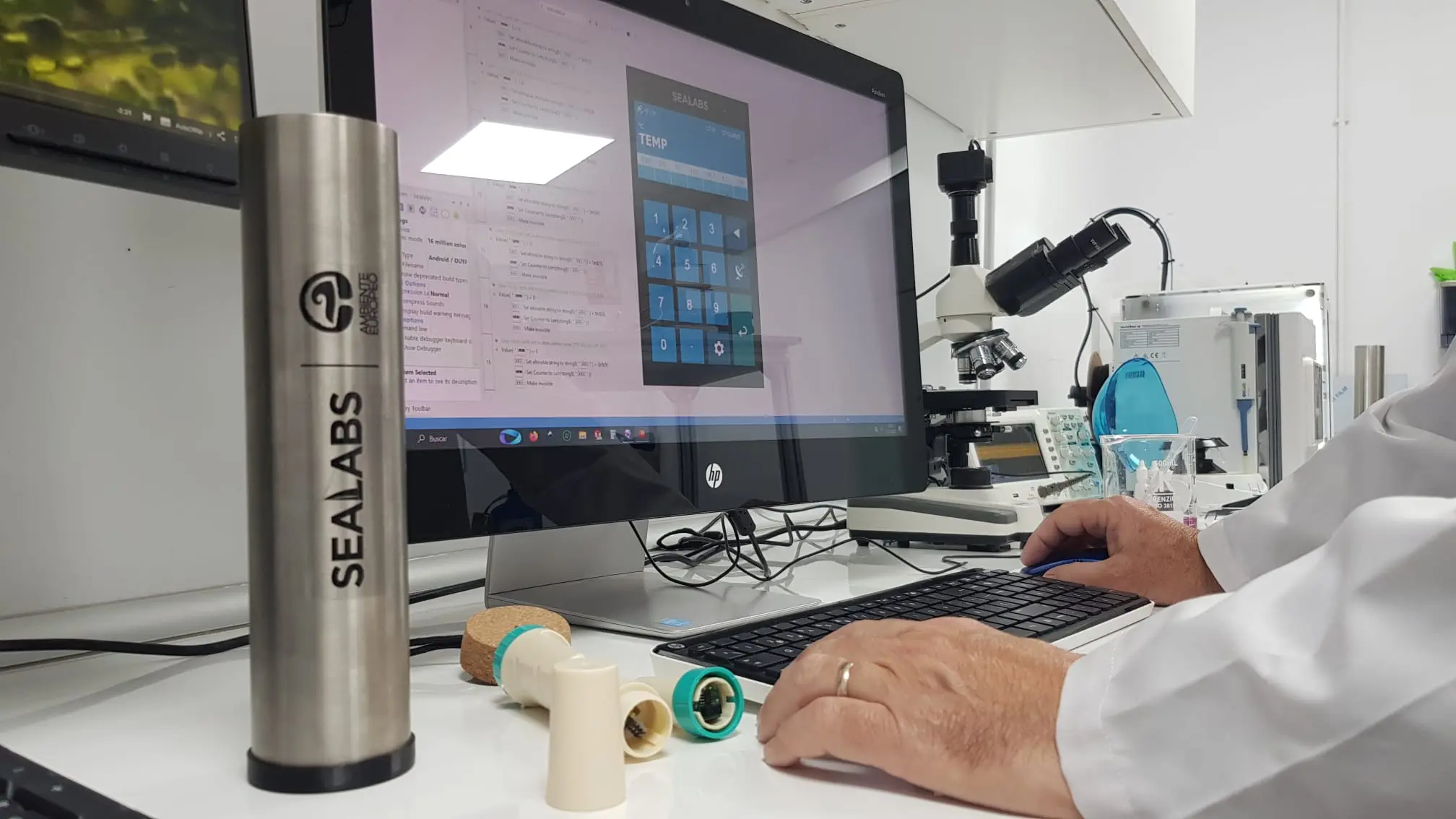

The Sealabs kit and its smartphone application have been developed in collaboration with our partner Dropson, a company specialized in the development of environmentally friendly water treatment systems.
COLLABORATIONS

TECHNICAL PARTNER

TECHNICAL PARTNER
The Sealabs kit and its smartphone application have been developed in collaboration with our partner Dropson, a company specialized in the development of environmentally friendly water treatment systems.

COLLABORATIONS

